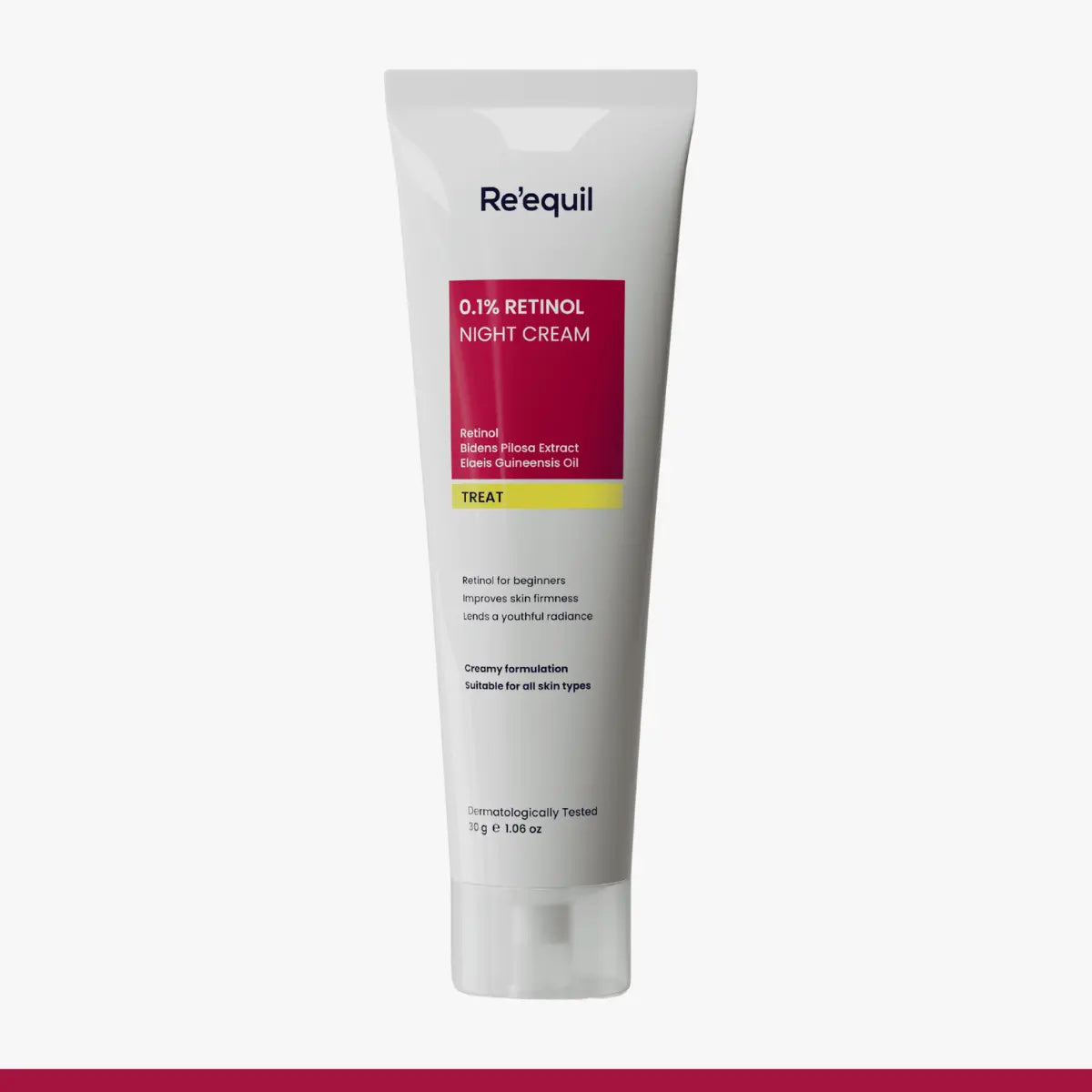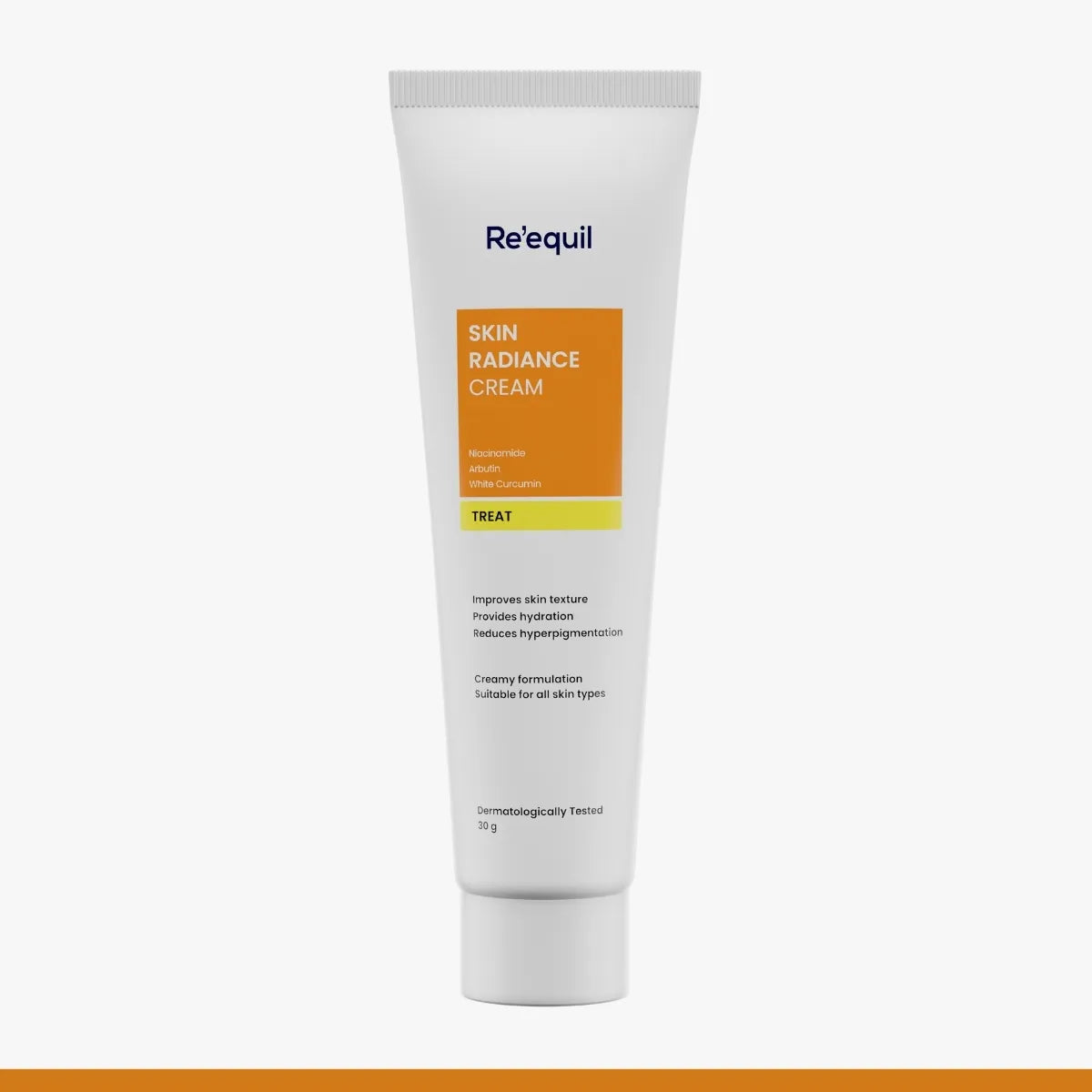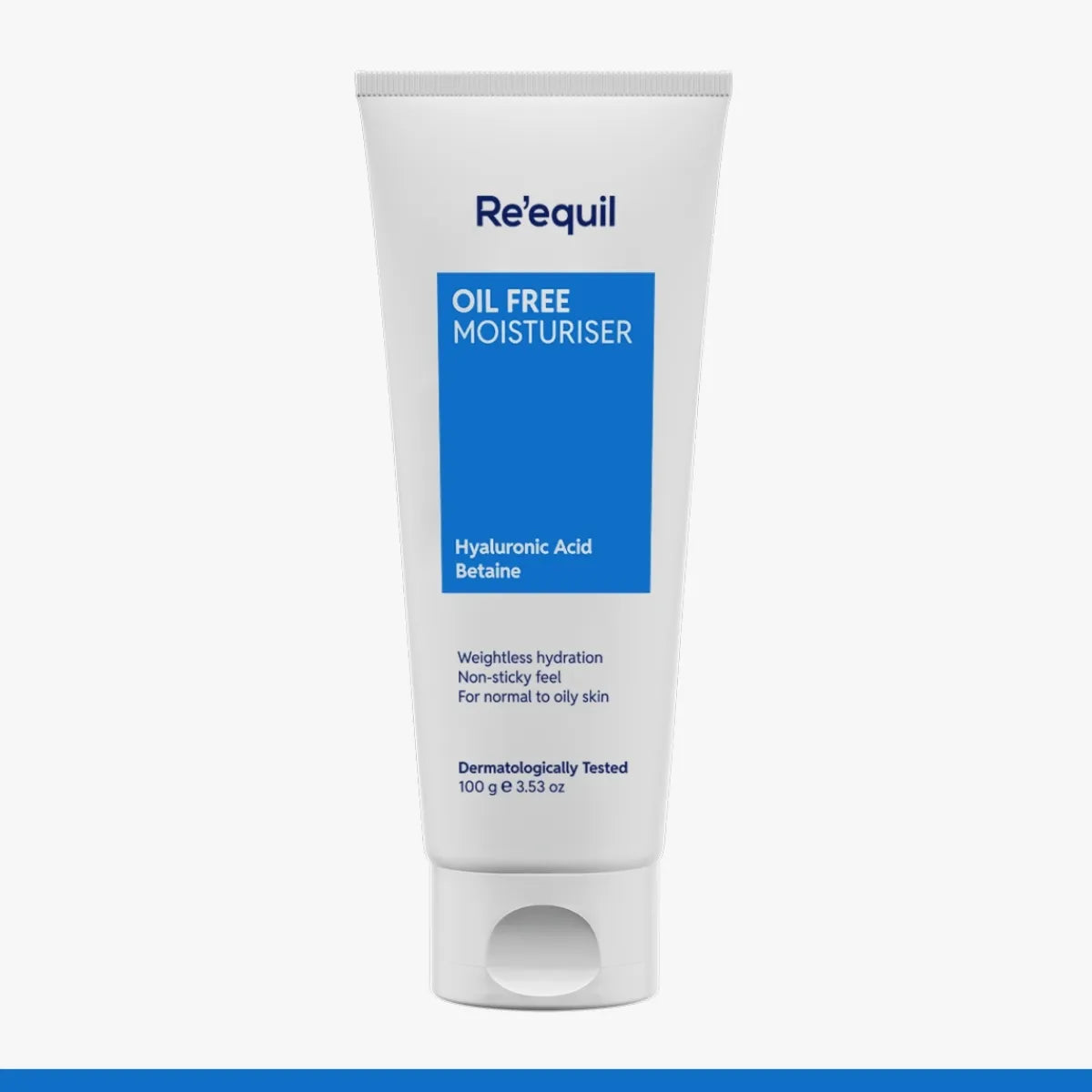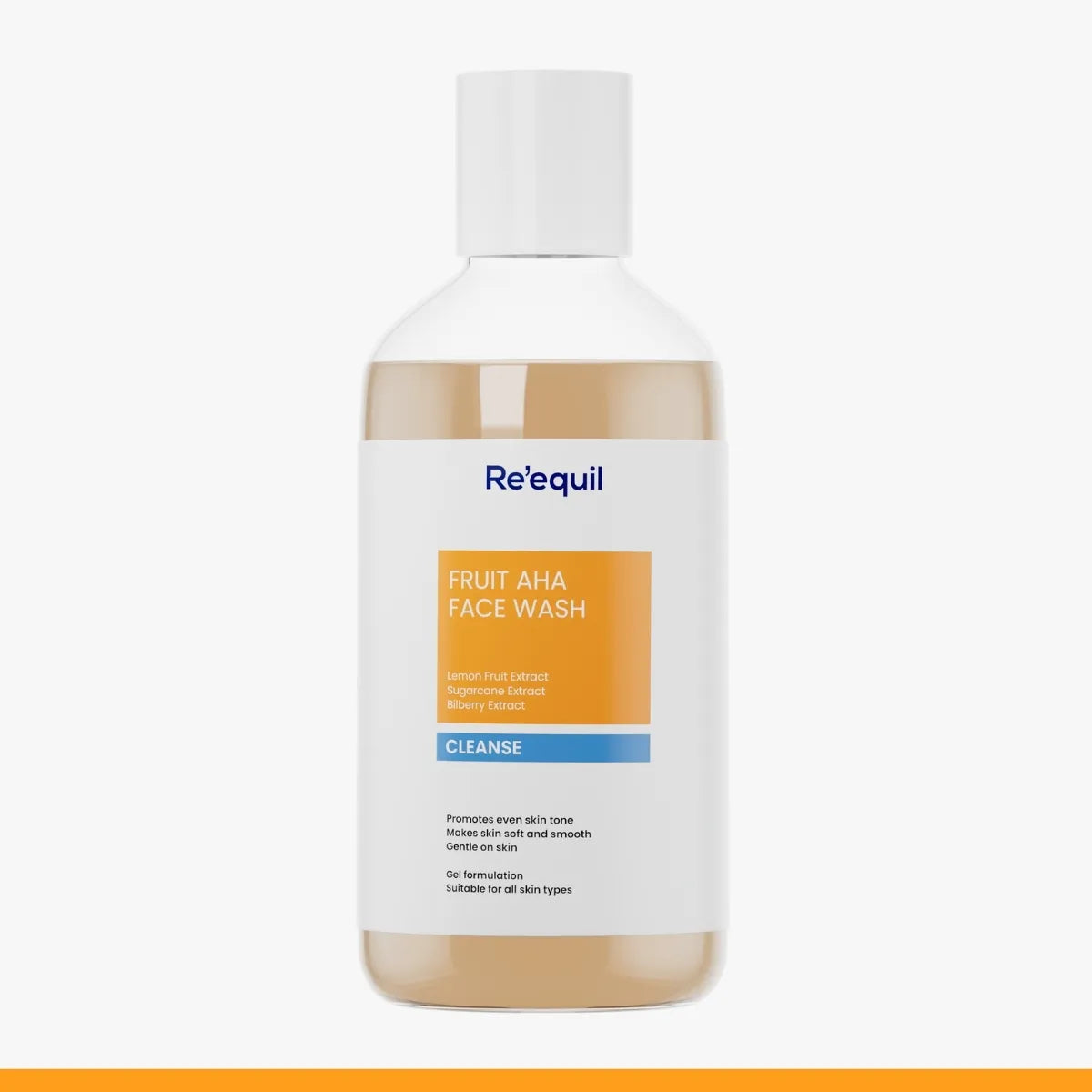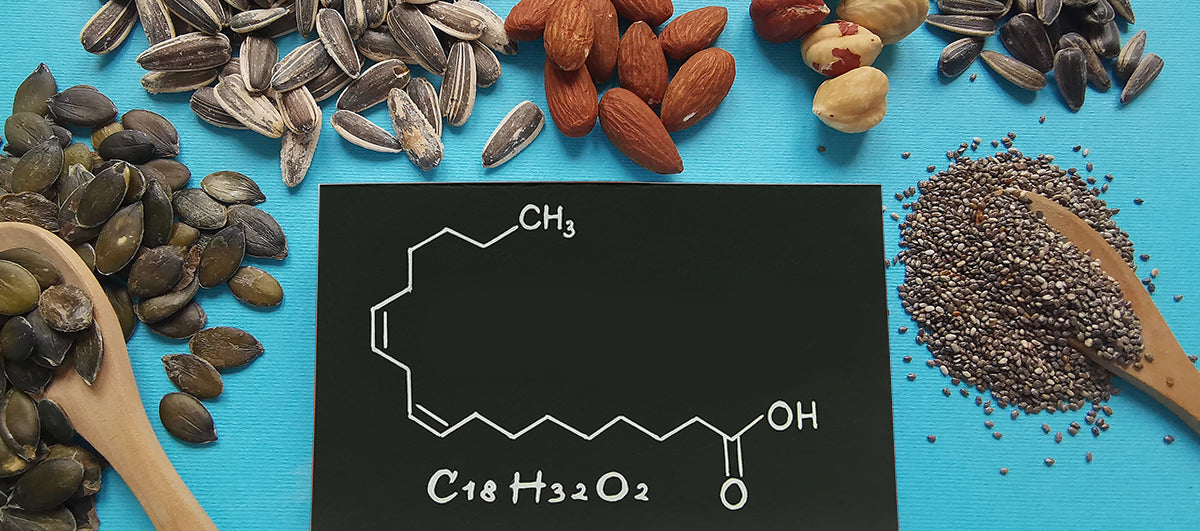There is no denying that each of us desires strong, thick, and luscious hair. Undoubtedly, healthy hair adds charm to your personality. Over the years, the global hair care product market size has increased drastically. But the sad part is, despite having the availability of so many products, people don't achieve the desired results. Frustration hits you hard when despite trying many things your hair health does not improve. If you are dealing with hair loss and rough hair, we have a wonderful ingredient called Linoleic acid to resolve your problem. A research study published in Archives of Dermatological Research has demonstrated that topical application of safflower oil is found effective in reducing hair loss, hair pigmentation, and scalp infection. Safflower contains the highest concentration of linoleic acid i.e. 78%. That's the reason, this essential fatty acid is widely used in the formulation of hair growth serum and hair conditioners.
What is Linoleic acid?
Linoleic acid is a polyunsaturated fatty acid (PUFA). It is procured from vegetable oils that contain omega 3 and omega 3 fatty acids. Corn, sunflower, safflower, soybean, and canola oils are major sources of Linoleic acid. Clinical studies have reported that deficiency of this fatty acid is called essential fatty acid (EFA) deficiency which is characterized by dermatitis, reduced hair growth, and many other symptoms. Topical application of Linoleic Acid is a great way to fix Linolenic Acid deficiency for your skin and hair. Its external application is found quite good for improving skin and hair problems. That's why it is used in hair care and skin care formulations such as hair fall control serums, hair conditioners, and body lotions.
Like Linoleic acid, Gamma linolenic acid is called polyunsaturated fatty acid. Its common sources are Evening primrose, black currant, and borage. As per research, Gamma linolenic acid is a wonderful ingredient to treat dry skin conditions like atopic dermatitis. Its topical use helps to prevent Transepidermal Water Loss (TWL) and improve barrier functions.
What are the benefits of linoleic acid?
Prevents hair loss
Linoleic acid benefits for hair are remarkable. An animal study was conducted in 2002 to determine the hair growth-promoting effects of linoleic acid. The results showed that topical use of linoleic acid has satisfactory effects in reducing the activity of an enzyme that promotes hair loss. As per research studies, topical hair fall serums made up of using linoleic acid, biotin, Indiancress & Watercress Extracts help to prevent hair fall. This combination of ingredients helps to rebalance the hair growth cycle which in turn gives you strong and thick hair.
Acts as a hair conditioning agent
Linoleic acid also acts as an emollient for repairing your rough and damaged hair. It helps to provide enough hydration and moisture to the roots of your hair. The application of hair masks containing linoleic acid is an excellent way to nourish your hair follicles and seal the raised cuticles. In addition, emollient properties of Linoleic acid help to keep the scalp skin hydrated and healthy.

Healthy hair requires both internal and external care. Not only does the intake of fatty acids boost hair health but the external use of fatty acids also helps to improve hair density and diameter. Fortunately, you can easily reap the benefits of many essential fatty acids like Linoleic Acid for your hair by choosing the right hair care products. Next time, while buying your hair care products don't forget to check Linoleic Acid in the ingredients list. Luscious and beautiful hair start with healthy hair.
P.S.
Trichologists suggest that you should avoid using hair products that are laden with harsh chemicals. Even scientific studies have found sulfates, silicones and parabens in your shampoo and conditioner bottle cause severe damage to your hair. Sulphate is a strong surfactant that corrodes your hair follicles which ultimately leads to hair fall. Similarly, silicone forms a coating around hair cuticles which obstructs the flow of nutrients to the hair shaft. Using sulphate and silicone-free shampoo and conditioners is good to attain healthy, strong, and shiny hair.
